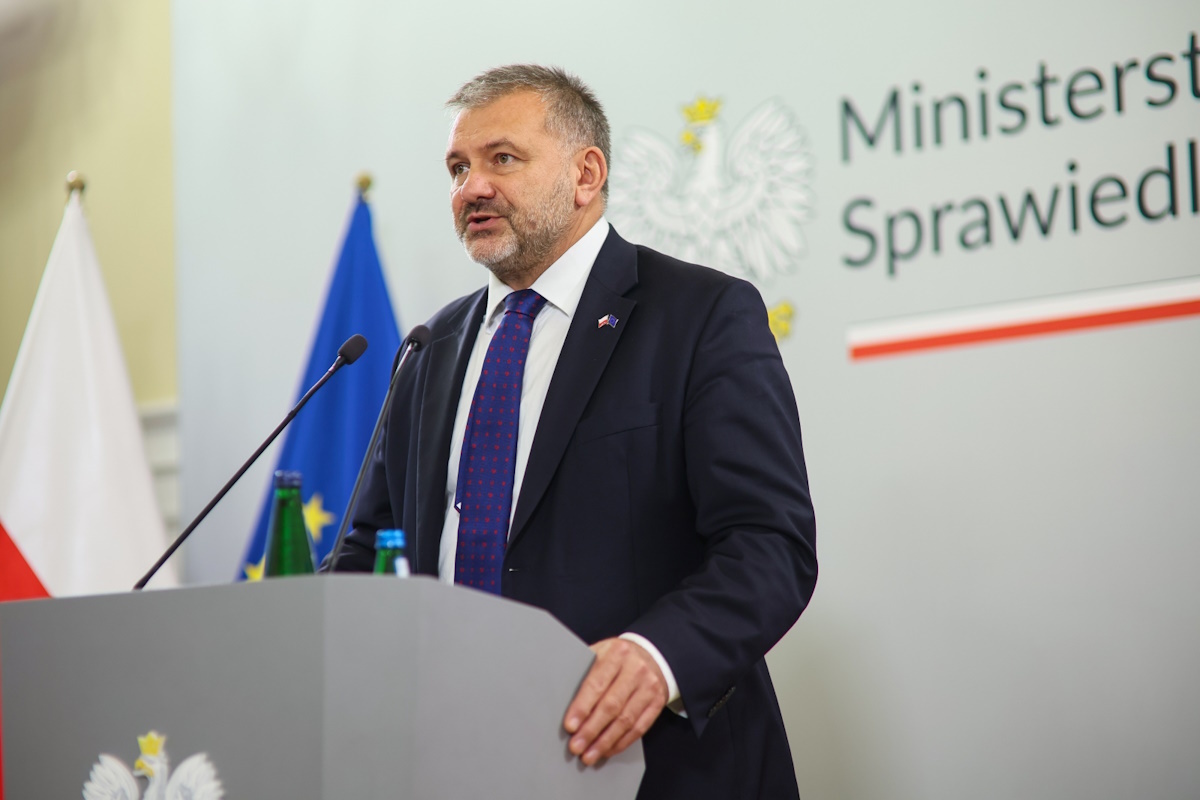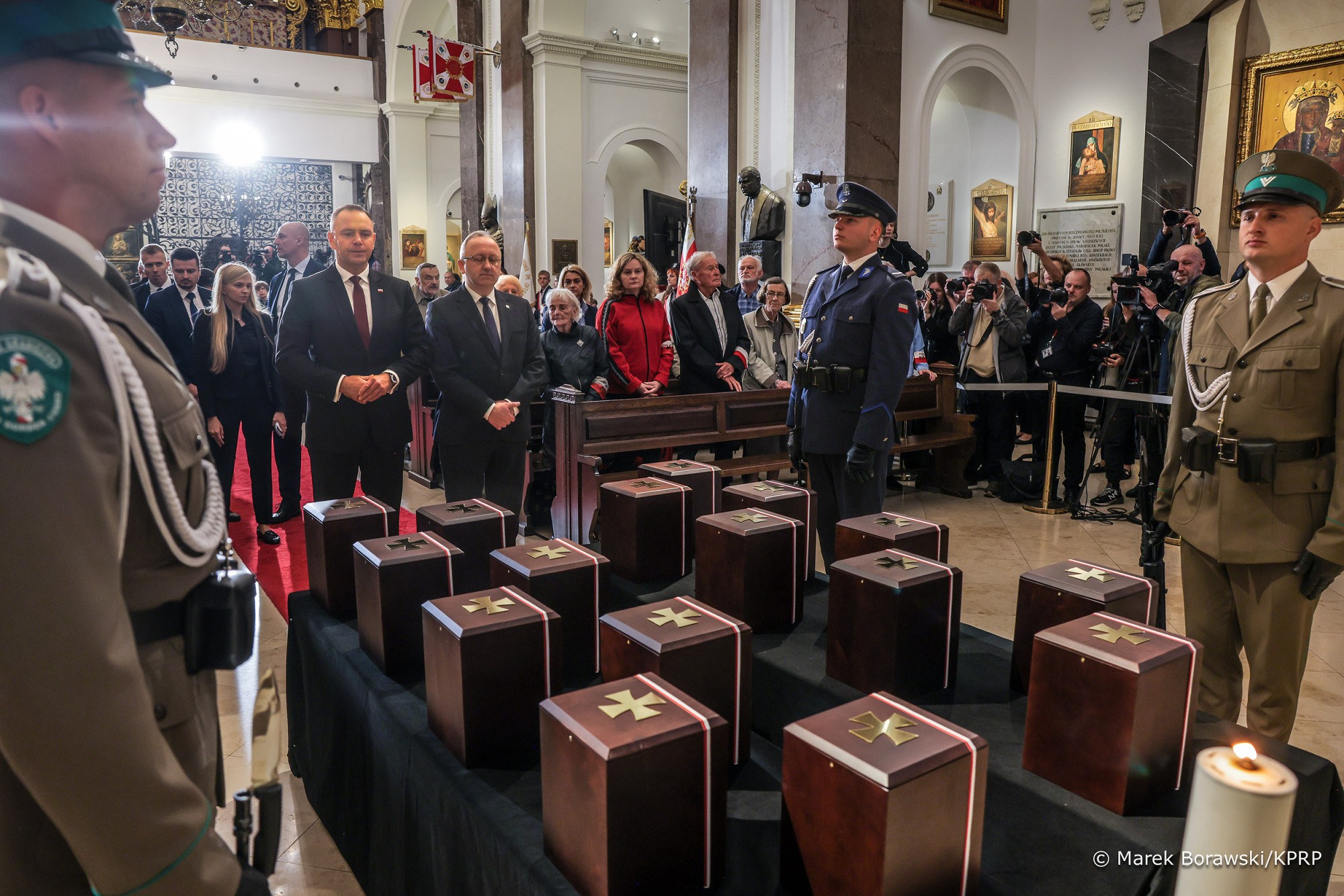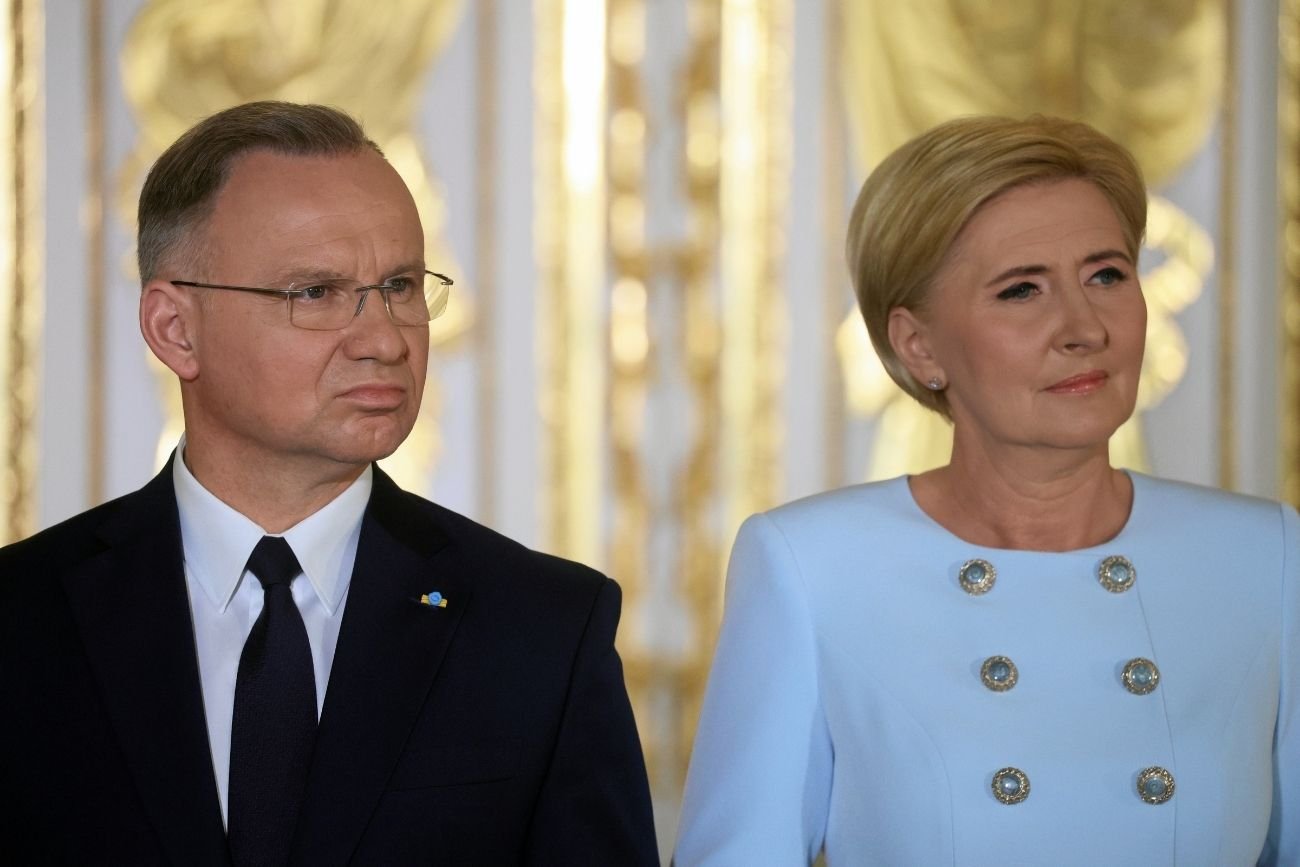

The avalanche of migrants has arrived – we read in the fresh issue of the weekly "Network". Marek Pyza writes that the problem of illegal migrants in Poland has become a fact. present there are places in Poland where residents live in fear and do not leave after dark, due to the fact that there are groups of dark-skinned visitors around the area. Is this the end of safe Poland?
Articles from the current edition available under subscriptions to the Friends Network.
‘End of safe Poland’
The problem of moving illegal immigrants from Germany is becoming more serious. It ceases to concern only border towns and spills across Poland. Marek Pyza in the article “The End of Safe Poland” gives an example of Red Boru in Podlasie, which houses the Center for Foreigners. Now residents of this and surrounding towns live in constant fear.
Almost all the inhabitants of the surrounding villages we met emphasize: until late it was a very quiet area, any of them did not even close their homes, the residents walked without fear after dark. They've changed their customs for weeks. They got scared. Young dark-skinned men, frequently in large groups of respective people, are walking around the area
“ We read.
A writer confirms to residents of a centre in Red Bora that they were transported from Germany.
One mediate east migrant admits that most of his companions at the hotel were brought from the country of our western neighbours. This is confirmed by the Syrian who lived in Mainz. From there he went to a closed camp in Ingelheim and later to Frankfurt, where he was put on a plane. He landed in Warsaw, where the Border defender picked him up. As he claims, the officers abandoned him on the street and ordered him to proceed on his own. Ukrainian, who looks about 60 years old, has been surviving in Red Bora for respective months now. He reports on what practices look like in this place: – Since December quite a few people started to appear here. This year they were brought all Thursday. They stayed a fewer days, took a taxi and drove to Germany
— read the article by Mark Pyzy.
‘Weak country’
In his book “Patostate”, Jan Spiewak made a diagnosis of the condition of the Polish state. He thought it was profoundly pathological and in very bad condition. In an interview with Goran Andrijanic (‘the weak state’) points to the deep causes of this condition.
The biggest problem in Poland is deficiency of respect and equality – towards the citizen, the state, the law and the taxation system. This hunger for respect and inequality permeates all area I describe. I believe that this is the legacy of Polish feudalism and sarmation. Rafał Ziemkiewicz is right erstwhile he says that Poland has never experienced a actual folk revolution. The people never truly rebelled and took a noble by the throat
“The vocalist says.
Jan Spiewak has no uncertainty that despite the rabble of “Solidarity”, which to any degree can be regarded as a folk revolution, a farm and magnate genotype permeates the full Polish society and becomes more visible all year.
This is best seen in the real property marketplace – little than 1% of Poles have more than 3 apartments. However, in the Sejm, 1 in 5 Members already have more than 3 flats and they derive income from the lease, and this percent is increasing rapidly. It is no wonder that the housing problem remains unresolved – it turns out that the "nobility" is inactive alive from the "gentlemen's boys" and the progressing refeudalization process completely closed the paths of social promotion. As a result, housing prices are so advanced that young people cannot afford anything. We are dealing with a fundamental division between "Mr" and "chama". In Poland, all institution, both public and private, naturally seeks to recreate the farm model and make hierarchical, feudal relations
— Analyses the Singer.
‘How are things in Warsaw?”
The election run is on the move. What happens in Warsaw? How do people surviving in the capital now spend more time campaigning than their city's problems? Konrad Kołodziejski in the article “How are things in Warsaw?” draws attention to the environmental policy of Trzaskowski.
When it comes to communication, electrical cars are promoted. They are exempt from entry fees to the centre, and their owners can usage bus lanes. That kind of car doesn't belong to the cheapest. Therefore, the wealthiest inhabitants of the capital can afford specified toys. With no money, the Warsaw city has a crowded metro, traffic jams, and buses, whose schedules are besides quietly thinned
“ Kołodziejski writes.
The capital's nominal manor besides focused on the improvement of greenery in the city and promotion of relaxation places.
Rafał Trzaskowski loves nature, so he has given residents fresh relaxation zones. This time they stood in Mokotów along Puławska Street. They cost PLN 60,000. No 1 uses them, due to the fact that no average individual will make a fool of himself and lie on a wooden sun lounger among garbage and exhaust. Most passers-bys don't really know what this stuff is for. Rafał Trzaskowski boasts that under his regulation the green area is increasing. However, it would be incorrect to think that the president of the capital is about fresh parks and greens. Nothing like that. On many streets, sidewalks are torn out and they are made by microscopic lawns. any have already turned into small aesthetic mud, but statistically everything is fine. The green area is growing? It's increasing. Then sit quietly and admire
“ We read.
What's more in the "Network" magazine?
We besides urge articles: Stanisław Janecki "Tusk's marching weapon", Marek Budzisz "Szalniec or visionary?", Dariusz Matuszek "Home car War", Jan Rokita "Revolutionary Court of Judges de Perthuis", Aleksandra Rybińska "Unwelcome".
Also noteworthy are the talks: Tadeusz Płużański with Antoni Macierewicz, head of the Smolensk Subcommittee (Polish Criminals Rule), Dorota Łosiewicz with Agnieszka Pawlik-Regulska, president of the Association “Teachers for Freedom” (MEN in the War with the Polish State ration) or Michał Karnowski with Ryszard Czarnecki, politician of Law and Justice (“This Authority stands only with fear”).
In addition, in the weekly weekly comments of current events by Bronisław Wildstein, Krzysztof Feusette, Dorota Łosiewicz, Daniel Obytek, Marty Kaczyńska-Zielinska, Samuel Pereira, Arkadiusz Mularczyk, Wojciech Reszczyński, Andrzej Rafał Potocki, Aleksandra Nalaskowski, Ryszard Czarnecki, Katarzyna Zybertowicz.
More in the fresh edition of the "Network" magazine. Articles from the current edition available online as part of subscriptions atPoliticy.pl.
We besides invitation you to watch tv broadcasts in Poland24 on 52 terrestrial tv channels and operators: Vectra – 825. Polsatbox – 196. UPC/Play 121 and 339. Netia 192. Egio 43 and at www.wPolsce24.tv.
kk











